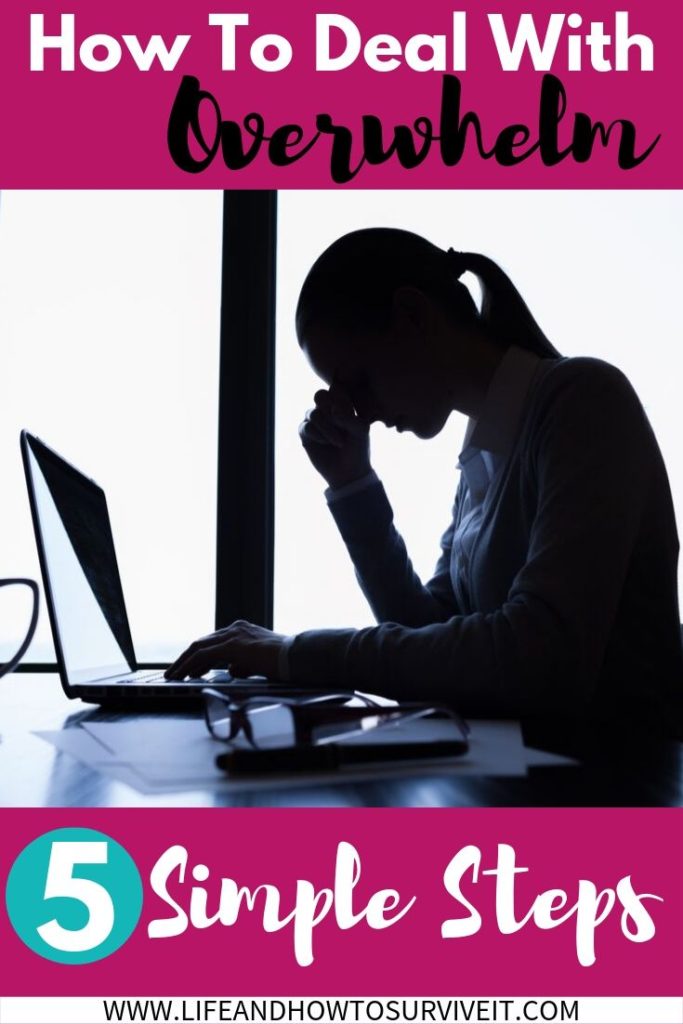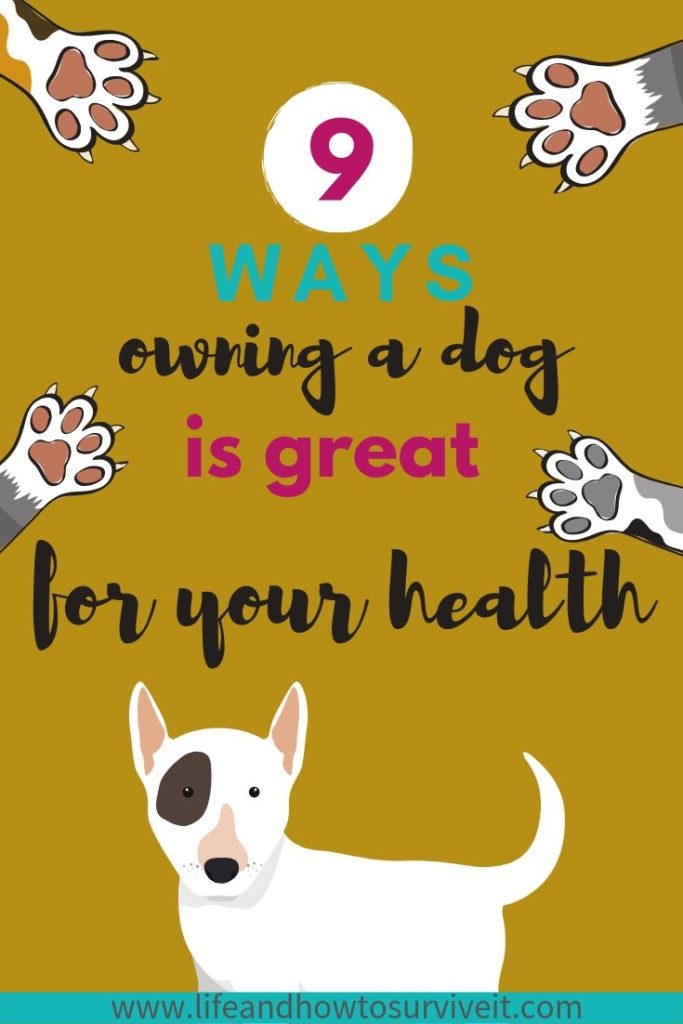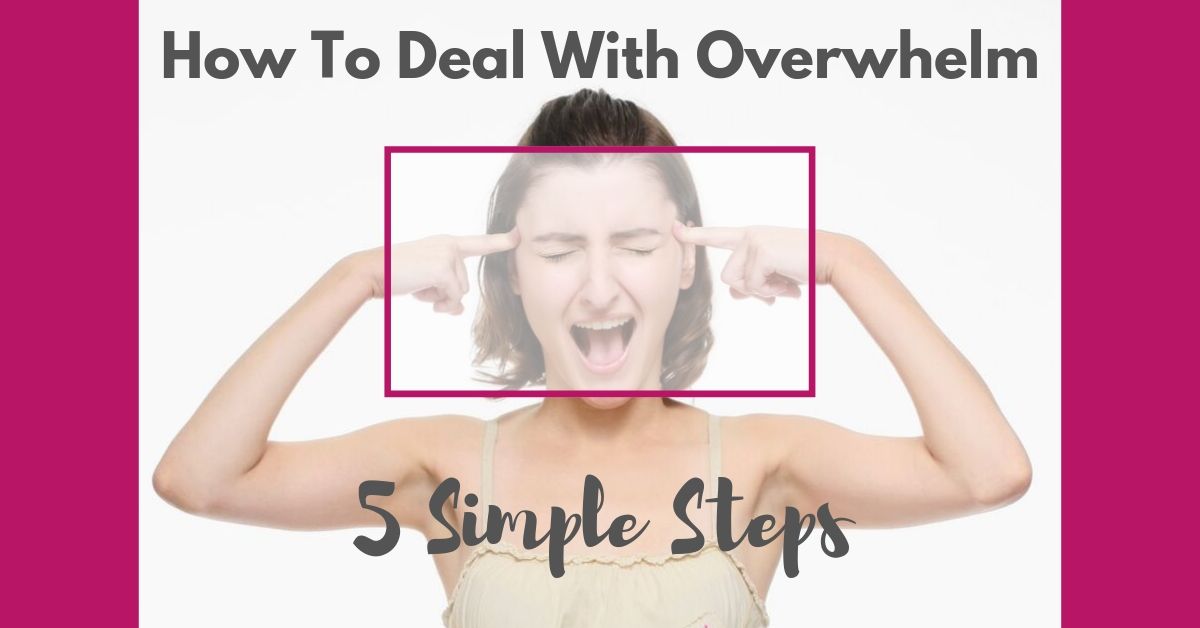I lived in Argentina for many years of my life, and there, they have a saying for everything. There’s a really useful one for how to deal with overwhelm: “desensillar hasta que aclare“. Roughly translated it means get off your horse until the way ahead / weather / situation is clear. In other words, when you’re feeling overwhelmed, or you don’t know what to do, or where to turn, just stop.
When we feel overwhelmed, we often make more mistakes and poorer decisions than when we are calm, and there’s a very logical reason for this. When we’re stressed, our nervous system floods our bodies with stress hormones. This chemical reaction which occurs in our bodies is commonly known as “fight-or-flight,” or the stress response. As a consequence, there is an increase in heart-rate and blood pressure, breathing quickens and muscles tighten.
No doubt you’re thinking ‘now why would I get off my horse (i.e. just stop whatever I’m doing) when I have so much to do? Your phone is ringing, you have a pile of emails to get through, you’re late for something and have even more tasks to complete by yesterday… The neighbour’s dog is barking, the kids are screaming and your head feels like it’s going to explode.
Even the best of us have felt overwhelmed at times:
“I have been driven many times upon my knees by the overwhelming conviction that I had no where else to go. My own wisdom and that of all about me seemed insufficient for that day.”
Abraham Lincoln
5 simple steps to regain control
It seems counter-intuitive to just stop, but when you’re feeling overwhelmed you need to return to a state of calmness in order to be able to take control again. A large part of feeling overwhelmed is the helplessness of not feeling in control. So how do you take control again?

1. Temporarily shut everything out
The first, all-important step is to get some peace and quiet. Close the door to your office, shut yourself in another room in your home or go for a walk. You need to remove yourself from the environment of people and things constantly demanding your attention. By temporarily defending yourself from external demands, you are creating a much needed space to recover in and come up with a plan of action.
2. Turn off social media / your phone / your email
Put your phone on silent. You don’t need new email notifications or messages right now to distract you.
3. Breathe
You’ve probably heard it before, just breathe. I know, you’re thinking, ‘I don’t have time to stop and just breathe’. Breathing will help calm the nerves and all those stress hormones that are racing through your body, and that will help you start to regain control and act more decisively.
Those same stress hormones that are making your chest feel so tight are making your breathing shallow and fast. By focussing on the breath, listening to it, consciously slowing it down, we can help ourselves more than we can imagine. Close your eyes, relax your jaw, relax your shoulders. Breathe.
4. Plan of action
Once you’re in a quieter place and feeling calmer, it’s time to get all your stresses out of your head. I find the best way to do this is by writing them down, in a list, as they come to me. Ignore your computer: grab a pen and some paper, real paper not a screen or tablet. Research has shown that writing by hand versus typing is beneficial for us: when we are feeling overwhelmed and stressed, writing by hand calms the brain and makes us more focussed.
If you’re not in the habit of handwriting and don’t have a pad of paper, use the back of an envelope, or a napkin. It doesn’t have to be a literary novel or a beautifully presented list, it just needs to let you do a brain purge.
If you’re in a place where you simply can’t write everything down, a second option would be to phone a friend. Who can you ring and just say to them “I need to get all of this out of my mind quickly”?
Now you’ve got your list of to-dos, stresses and problems on paper in front of you, identify the 3 most important items. Which 3 things are your priorities on your list?
5. Take action
Focus on the 3 items that you identified in the previous step and start with the most important one. Don’t attend to anything else, don’t let anything else distract you, just work on your main priority, item number 1.
When you’ve completed the first item on your list, move on to the second one. Then after the second, the third. You might think you can multi-task and do them all at once. You can’t, you’ll just fry your brain even more.
Lifestyle changes to deal with overwhelm
It seems like more and more of us are suffering from stress these days. Even someone who doesn’t have a stressful life might find themselves feeling overwhelmed from time to time. We can make some simple changes to our lifestyles though, which can help support us and give us an outlet for tension.
Practice yoga.
There are a myriad of quick and easy yoga videos you can follow at home, you don’t even need to take time out to drive to a yoga centre or gym. Yoga is one of the things I’ve always come back to throughout my life, even when I’ve had periods of not doing it. Apart from the physical benefits, it helps to calm the mind and relieve tension.

Get out into nature.
Many studies have shown that time spent in nature, or even just looking at it, has incredible benefits. See this article for ideas of how to incorporate nature into your life, even if you live in a city.

Go to the gym.
Years ago, when the business I had with my husband was going down the tubes, one of the principal ways I had to hold it together was going to the gym. The sheer physical workout released so much of my tensions. I followed that up with a spell in the sauna which seemed to melt away my knotted-up muscles. A fast, active workout is also a fabulous way to process anger: better that than losing your temper with your family and friends, right?
Get a dog.
My dogs are my world. You can’t underestimate the joy that having a dog in your life brings, not to mention the many scientifically proven ways that having a dog is good for you. If your lifestyle doesn’t allow you to have a dog, but you like dogs, try a dog share such as borrowmydoggy.com, or letsshareadog.org. Alternatively, offer to volunteer at a local dog rescue.

Make time for friends and family.
We often avoid seeing friends and family when we’re stressed and feeling overwhelmed. I know I did. We live in a society where, when someone greets you with “Hi, how are you?”, we automatically say “fine”, or “great!”. In moments of difficulty, we find it difficult to respond with the truth.
The pressure to just manage our workloads, to put up with relationship problems, to handle family life – all the challenges that life throws at us – makes it hard for us to simply say “I’m struggling actually. I could do with a hand. I’d appreciate a friendly chat to help me see things from a different perspective.”
Instead of reaching out for help, we often become more insular, trying to resolve the issues ourselves. No one is an island though, and whilst we may feel shame in admitting defeat, or acknowledging that a situation feels ‘too much’, we do ourselves an injustice in covering up the problem. Find someone who you can talk to, someone you can trust, and confide in them. Often simply talking though the issues can make them feel more manageable. We all need a helping hand sometimes.
Get better sleep.
The human body can put up with many discomforts, but lack of sleep is not one of them. We NEED to sleep, and if you’re struggling to sleep well because of stress, it’s a priority to resolve that. Try using an app on your phone at night when you go to bed, such as Insight Timer. For quite some time, this app soothed me to sleep every night. Honestly, I couldn’t have got to sleep without it.
If your head is full of all the stuff going on in your life, try noting down a quick list before you go to bed of all the things that are occupying your mind, with the intention of revisiting them TOMORROW. Make sure you turn off your phone before your head hits the pillow. If all else fails, see your doctor. Seriously, lack of sleep will complicate your life in untold ways.

